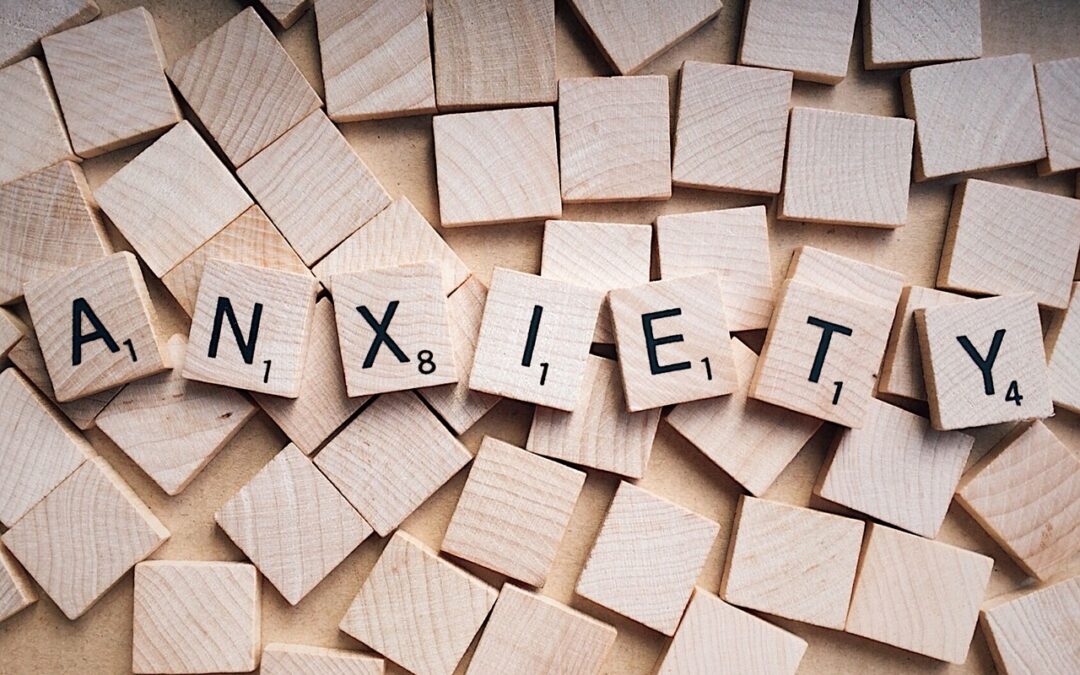Get into groups! my college professor ordered.
At these three little words, the blood drained from my face and my heart pounded so fast that I could feel the blood pulsing throughout my body.
My eyes darted back and forth across the classroom silently hoping that a fellow student would take mercy on me and invite me into their group.
When no one even glanced my direction, I wiped my sweating palms on my jeans, stood up, and began walking to the group that had formed nearest to me.
As I approached, a girl from the group looked up.
Suddenly, I could feel my mind go blank, and I was certain that she was wondering why the quiet weirdo from the class was walking her way. Ca-can I join your gro-group, I stuttered. The girl politely said yes, and I sat down awkwardly into a chair nearby.
I felt my face flush.
As the group began to discuss the topic presented in class, I could only focus on how much eye contact I should be making and how I should sit so that I did not look uncomfortable.

Should I add to the discussion?
What if it makes me sound stupid?
They probably will never want to work with me again.
Finally, after what felt like an eternity, the professor asked us to return to our seats. I stood and fumbled towards my seat, exhausted after having to act as though I am a normal human being who can interact with other normal human beings.
A feeling of uneasiness settled at the pit of my stomach as I anticipated the next time I would have to interact with my peers.
My Story
If you cannot tell already, I suffer from social anxiety. Every interaction I have with unfamiliar people is very similar to the experience described above. As a little girl, I was always shy, but my social anxiety has worsened with age. In college, my social anxiety had become crippling. I am now a graduate student at UCLA, and in my four years in undergrad I had never really got involved in extracurricular activities (except for a dance club) and I didn’t make a ton of friends all because of the extreme anxiety I usually experience in social situations.
As a result, I always felt as though I was missing out. I wanted to have many friends, go to parties, and experience all that social interactions had to offer, but my anxiety prevented me from doing so. And this is something that I still struggle with until this day. It is only recently that I have begun to research different ways that I can confront and cope with my social anxiety.
[Related: Signs of High Functioning Anxiety]
What is Social Anxiety?
Social anxiety disorder, also commonly referred to as social phobia, is an anxiety disorder in which a person has an excessive or unreasonable fear of social situations. Individuals with social anxiety often experience intense bouts of nervousness and self-consciousness when they feel that they are being closely watched, criticized, and judged by others. They are often afraid that social interactions will result in embarrassment or humiliation in front of others.
According to the Anxiety and Depression Association of America, about 15 million American adults have a social anxiety disorder, and 36 percent of people with social anxiety report symptoms for ten or more years before finally seeking help. It is clear that social anxiety is a large problem that affects a lot of people.
Physical Symptoms of Social Anxiety Disorder
Many individuals experience physical symptoms, including confusion, pounding heart, sweating, shaking, blushing, muscle tension, and upset stomach. In severe cases, individuals may experience panic attacks, which often results in breathing difficulties, chest pains, and feeling a loss of control. As a result, most individuals with social anxiety go out of their way to avoid certain social situations.
[Related: How Anxiety Can Affect Your Physical Health]
Ways to Manage Social Anxiety Disorder
So, an important question is, how can someone take control and overcome their anxiety?
 According to WebMD these simple steps can help with taking control of anxiety at the moment:
According to WebMD these simple steps can help with taking control of anxiety at the moment:
- Stop and evaluate what you are feeling.
- Stop and evaluate what you are thinking about.
- Practice activities that will reduce physical symptoms such as deep breathing, muscle relaxation exercises, and imagining yourself in a safe place.
- Challenge your negative thoughts by stopping the critical belief and instead replace it with a positive thought such as, “I can do this.”
Of course, these steps will not cure an individual of their social phobia, but it can begin the process of challenging and taking control of social anxiety. Talking to mental health professionals, participating in therapy, and maybe even taking anxiety medications may also be advantageous for students dealing with social anxiety.
At The End of the Day…
I have allowed my social anxiety to control my life for a long time. In the past, I had let it keep me from trying new things, pursuing opportunities, and connecting with people. The reality is that I am not being judged and criticized by the people around me.
My fears are irrational, and I want to stop being afraid. I know that I will have to deal with my social anxiety for the rest of my life, and being in social situations may never come naturally to me. However, I want to take steps to become more comfortable in social situations so that I do not miss out on life.


